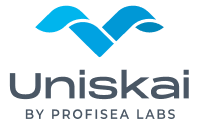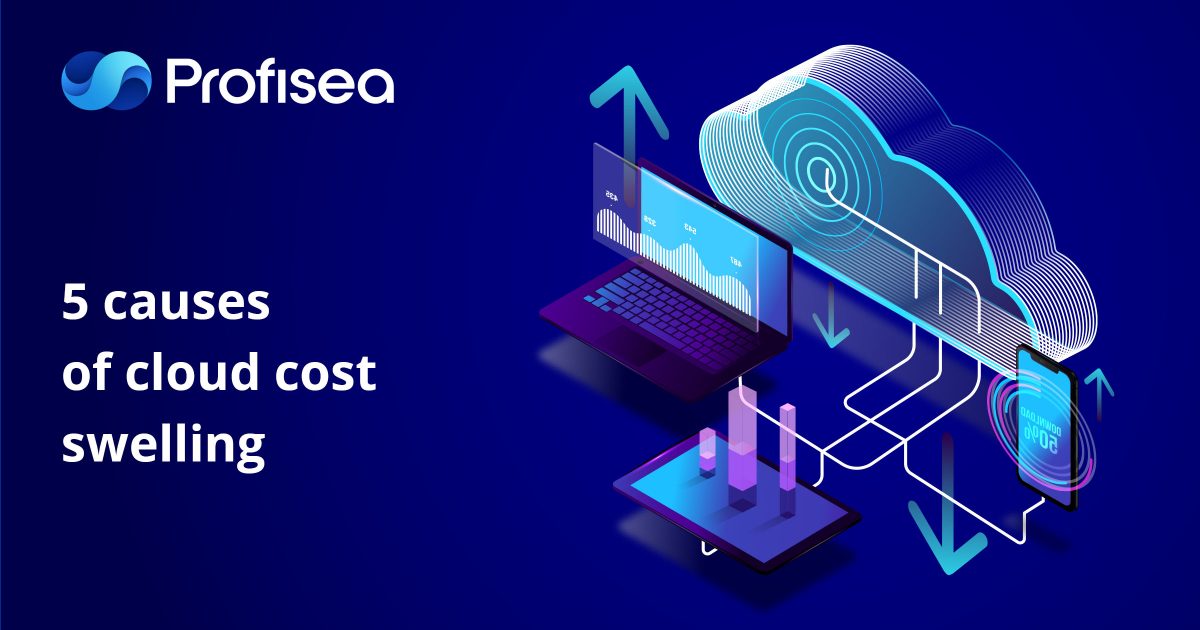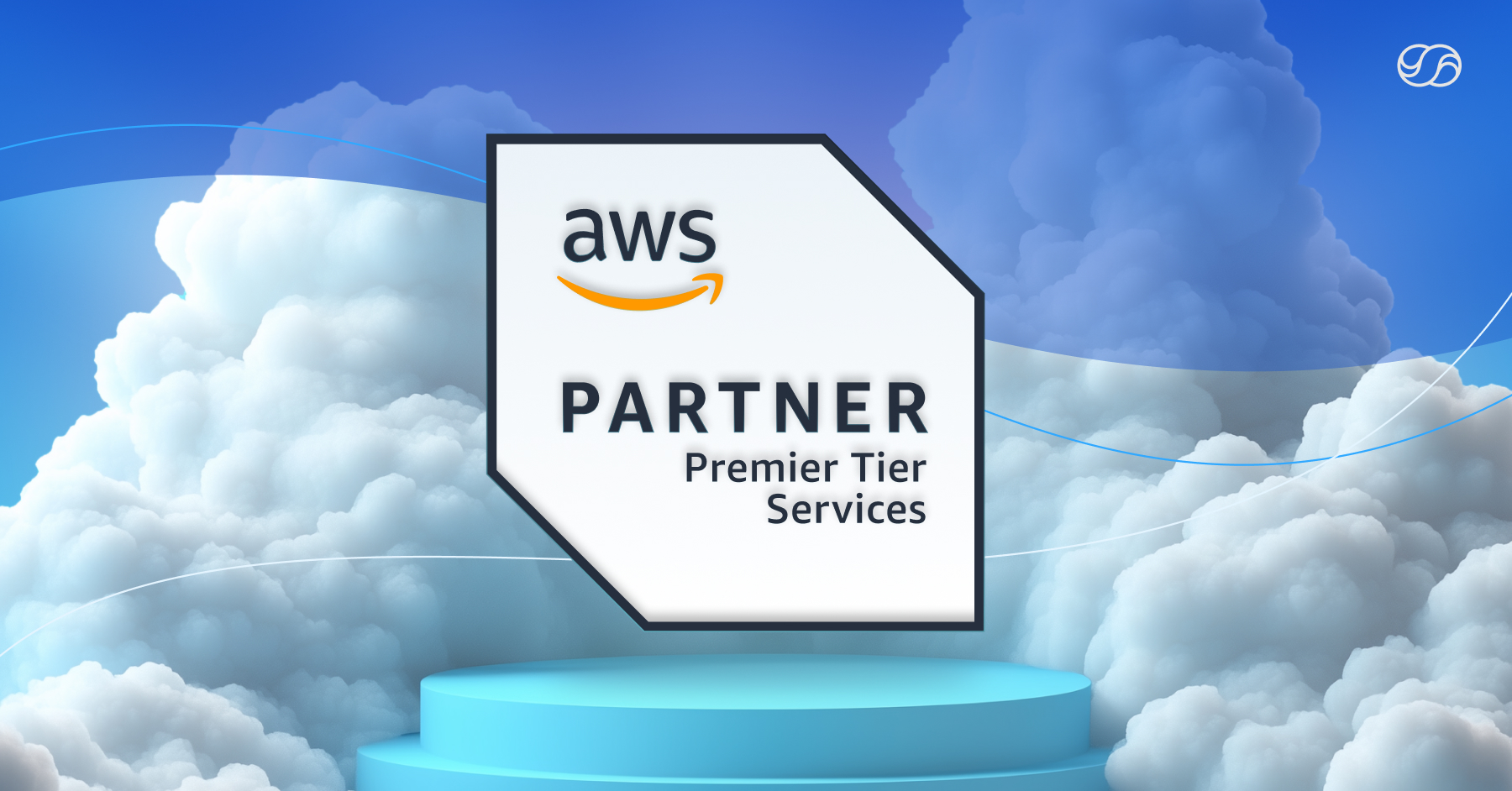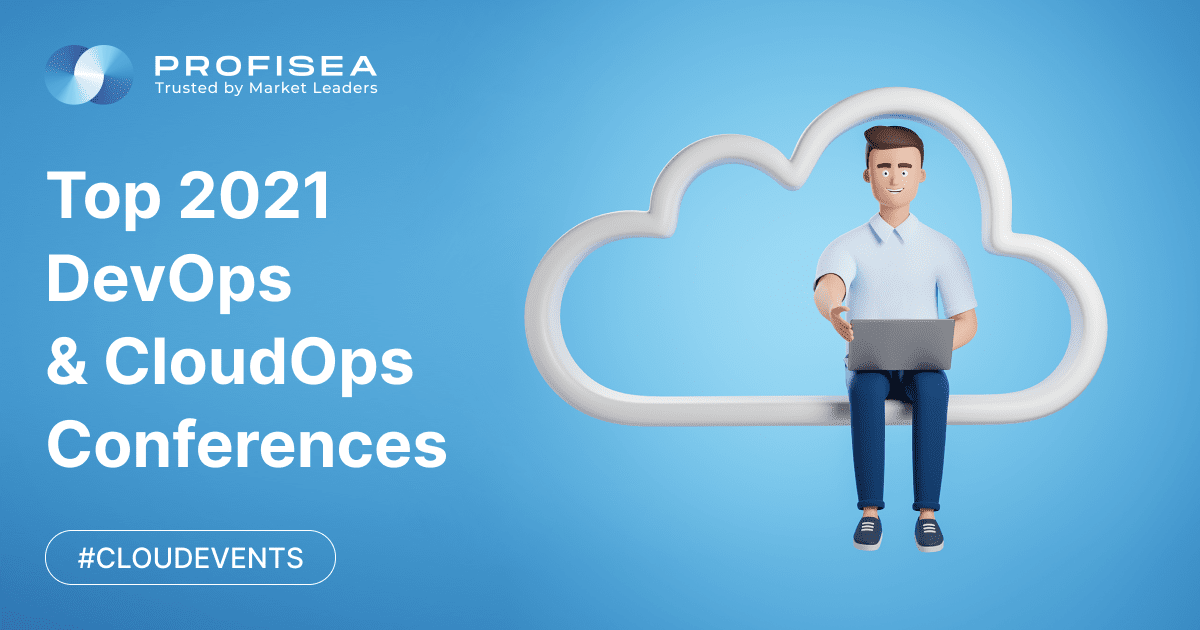DevOps Interview 2024: Ten Essential Q&A Tips
The global DevOps market is expected to grow significantly, reaching USD 25.5 billion by 2028, up from USD 10.4 billion in 2023. The market is forecasted to further reach an impressive USD 88.62 billion by 2032, giving a Compound Annual Growth Rate (CAGR) of 25%.
This rapid evolution demands highly skilled professionals with the ability to adapt, learn, and able to bridge the gap between development and operations. Whether you’re a seasoned engineer or a DevOps newcomer, preparing for job interviews is crucial. Here are ten questions most likely to be asked in 2024 DevOps interviews, along with expert tips on how to answer them to help you succeed.
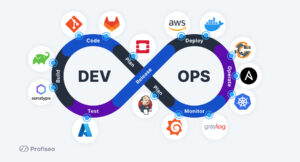
1.Explain the core principles of DevOps.
How to answer: At its heart, DevOps is all about collaboration and automation across development, operations, and security. It’s dynamic and interesting since it covers continuous integration and continuous delivery (CI/CD), infrastructure as code (IaC), and shared responsibility for application performance.
2.Describe your experience with CI/CD tools and pipelines.
How to answer: Highlight your experience with tools such as Jenkins, GitLab CI/CD, or CircleCI. Mention how you’ve designed and implemented pipelines, automated builds and tests, and ensured smooth deployments and don’t forget to mention the metrics you set in place to measure pipeline efficiency.
3.How do you approach infrastructure management in a DevOps environment?
How to answer: Showcase your knowledge of IaC tools such as Terraform or Ansible. Explain how you’ve used IaC to provision and manage infrastructure in a consistent and repeatable way. Spell out your views on the benefits of infrastructure automation for scalability and reliability.
4.What are your preferred containerization technologies and their advantages?
How to answer: Highlight your understanding of Docker and Kubernetes, explaining how containerization helps package applications efficiently and facilitates portability across environments. And don’t forget to mention security considerations and container orchestration strategies.
5.How do you handle security vulnerabilities in a DevOps environment?
How to answer: This is your chance to demonstrate your awareness of DevSecOps principles. Explain how you integrate security testing and vulnerability scanning into the CI/CD pipeline. Highlight your experience with security tools and processes for proactive vulnerability management.
6.Describe your experience with monitoring, logging, and cost-optimization tools.
How to answer: Show your familiarity with monitoring, logging, and cost-optimization tools such as Prometheus, Grafana, or Uniskai by Profisea Labs. Describe how you’ve used them to monitor application performance, infrastructure health and cloud costs, while also identifying potential issues. This is your chance to showcase your skills in log interpretation and problem diagnostics.
7.How do you approach performance optimization in a DevOps environment?
How to answer: Showcase your understanding of performance profiling tools and techniques. Touch on a couple of examples of how you’ve identified bottlenecks and implemented performance optimization strategies. Mention A/B testing or other methodologies you’ve used for effective performance improvement.
8.How do you collaborate effectively in a cross-functional DevOps team?
How to answer: Highlight your communication and teamwork skills. Explain how you’ve encouraged collaboration between developers, operations, and security personnel. Share examples of how you’ve resolved conflicts and improved problem-solving within the team.
9.Describe a challenging DevOps project you tackled and how you overcame it.
How to answer: Choose a project that showcases your problem-solving skills and technical expertise. Outline the challenges encountered, the technologies or tools used, and the steps you took to overcome them. Highlight the lessons learned and your contribution to the project’s success.
10.How does AWS contribute to DevOps?
How to answer: I see AWS as playing a crucial role in DevOps since it offers a suite of features that streamline the development and deployment process. Better still, its services are pre-configured and ready to use, so there’s no need for manual setup which saves so much valuable time.
In my experience, built-in AWS tools are great for enhancing security and automating repetitive tasks and processes, not to mention that these features leave DevOps teams with more time on their hands to focus on innovation and problem-solving. In my experience, AWS can be extended much further thanks to its partner ecosystem, which expands AWS to meet some very specific needs.
P.S. Remember, confidence and clear communication are key. Practice your answers beforehand and tailor them to the specific job requirements and company culture. By demonstrating your knowledge, skills, and passion for DevOps, you’ll be well-positioned to land your dream job in this exciting and dynamic field. And Profisea is a great company for those interested in working in DevOps and cloud services.
Profisea: Your Trusted Partner for DevOps Services and Cloud Migration
Profisea, a leading Israeli DevOps and cloud company, provides a full spectrum of cloud management services, from smart customization of existing cloud infrastructures to end-to-end cloud infrastructure design and optimization to meet the unique business requirements of each of our clients.
For close to a decade, Profisea’s DevOps engineers have been implementing top practices in DevOps, DevSecOps, and FinOps, and providing Kubernetes-based infrastructure services to help SMBs, SMEs, and large enterprises transform their organizational mindsets, increase productivity, boost performance, and reduce cloud costs.
If you are looking for optimized cloud infrastructure and enhanced delivery processes, check out our DevOps as a Service page to get more information about how we can transform your cloud journey.

